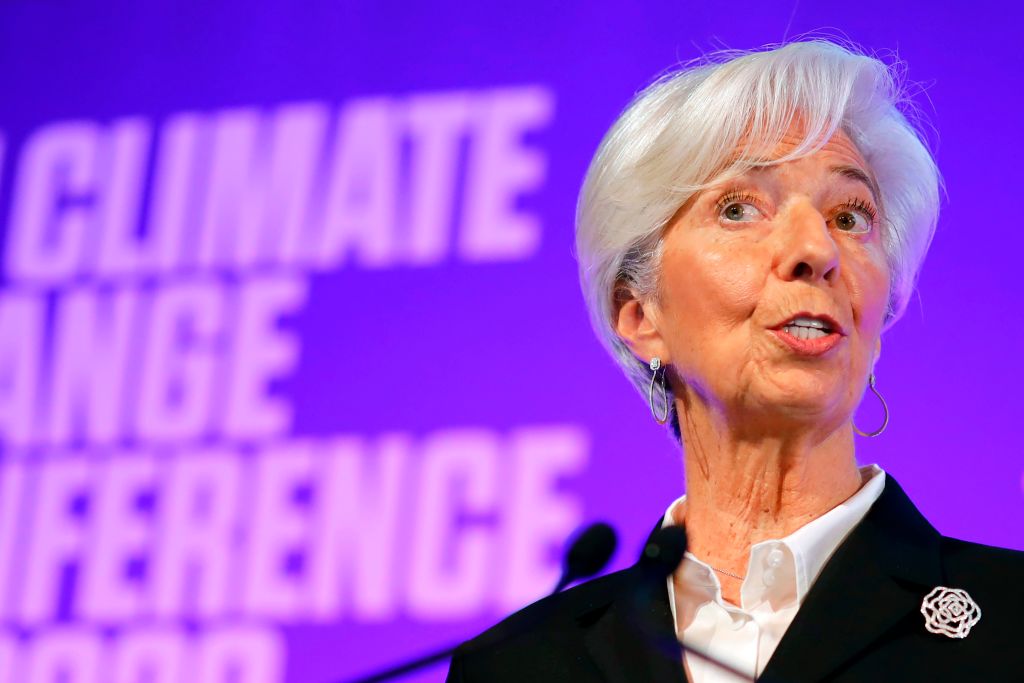A dramatic dawn cut in interest rates. A huge blast of public spending. And immediate cash help for companies that might find themselves temporarily in trouble as their customers stay at home and staff call in sick. We will find out over the next few weeks whether the British government has done enough to fight the coronavirus emergency it suddenly faces. But there can be no question it has at least done everything it can to fight the economic crisis that will surely follow.
Likewise in the United States, the Federal Reserve has already sprung a cut in interest rates on the markets and may well make another move before the end of the month. President Trump has already announced a plan to cut payroll taxes, and is working on a stimulus package. Australia’s central bank has cut rates to a record low. And China has launched wave after wave of stimulus to pull itself back from recession. There is one exception, however, to the co-ordinated global response. The EU and the euro-zone have so far done virtually nothing.
The European Central Bank is due to meet tomorrow and may well announce some form of monetary stimulus. Or maybe it won’t.
The last anyone heard from the newly-installed president of the ECB Christine Lagarde, between unveiling climate change initiatives and working on improving inclusiveness, was her warning that coronavirus could cause a crash on the scale of 2008. So did it fire the EU into action? Don’t bet on it: the EU’s response has been to unveil a package of measures for which the word ‘lame’ could have been coined.
A headline 25 euro billion fund has been agreed to fight the virus, but on closer inspection only 7.5 billion euros will be released now with the rest to be made available later. That is a fraction of what the UK is spending for an economy more than five times larger. A ‘review’ of state aid rules will be launched. And some flexibility in fiscal rules will be considered. It is hardly urgent or inspiring stuff. By the time the pen-pushers in Brussels get around to doing something, we will either all be infected, or the virus will have burnt itself out.
That, surely, is not good enough. Right now, the Italian economy, the third largest in the euro-zone and one of the most indebted in the world, is in meltdown. France and Germany may not be far behind. Bank failures in Italy could easily cascade through the global financial system triggering a panic among already jittery investors. The euro-zone both needs to stimulate its own economy and join with other governments and central banks in fighting off a global slump.
The coronavirus crisis could have been the perfect moment to show that Europe’s model of international co-operation was superior to the backward-looking populists of the Anglo-Saxon world or the authoritarians who run China. It has flunked it – and the price is likely to be a heavy one.






Comments